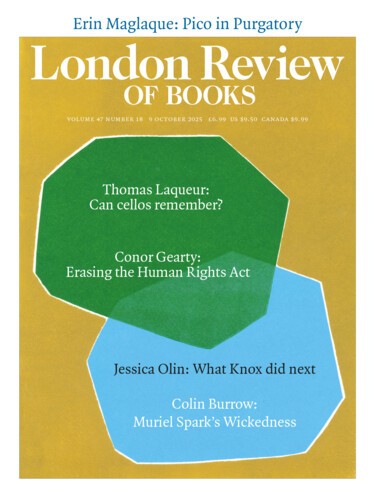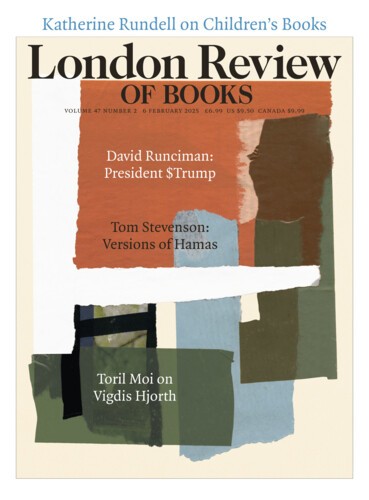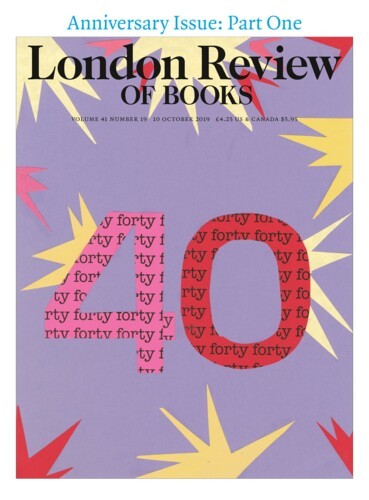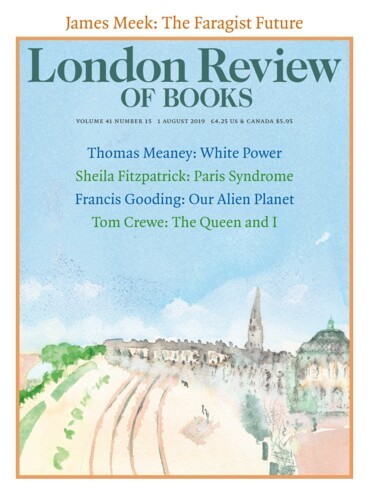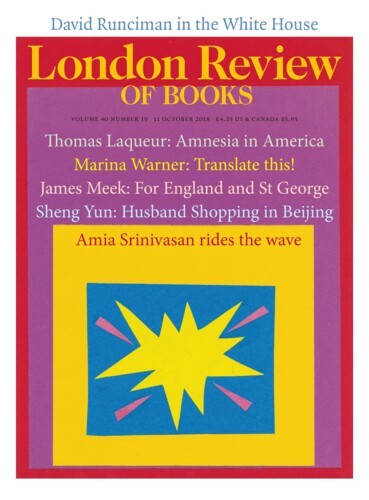At weekends public parks in big cities such as Beijing and Shanghai function as matchmaking venues. Anxious parents put out advertisements for their single children – printed on sheets of paper or hung on boards – noting their age, appearance, height, salary and skills, while scouting around for suitable matches. Men should be equipped with a house or an apartment, a solid job and a decent salary; women should be young, good-looking, healthy, have a sweet/gentle/nice character, and some education but not too much (a BA would be adequate; an MA a bit too much; a PhD absolutely intimidating).
The marriage market in China is a horror show. The short window for a woman to find a husband is between 22 (fresh out of college) and 27 – after that you become a ‘leftover lady’, meaning you’re too old for an ‘ideal match’. Before 18, any form of puppy love is strictly forbidden, by the school and the parents. For men, the criterion isn’t age: it’s wealth.
